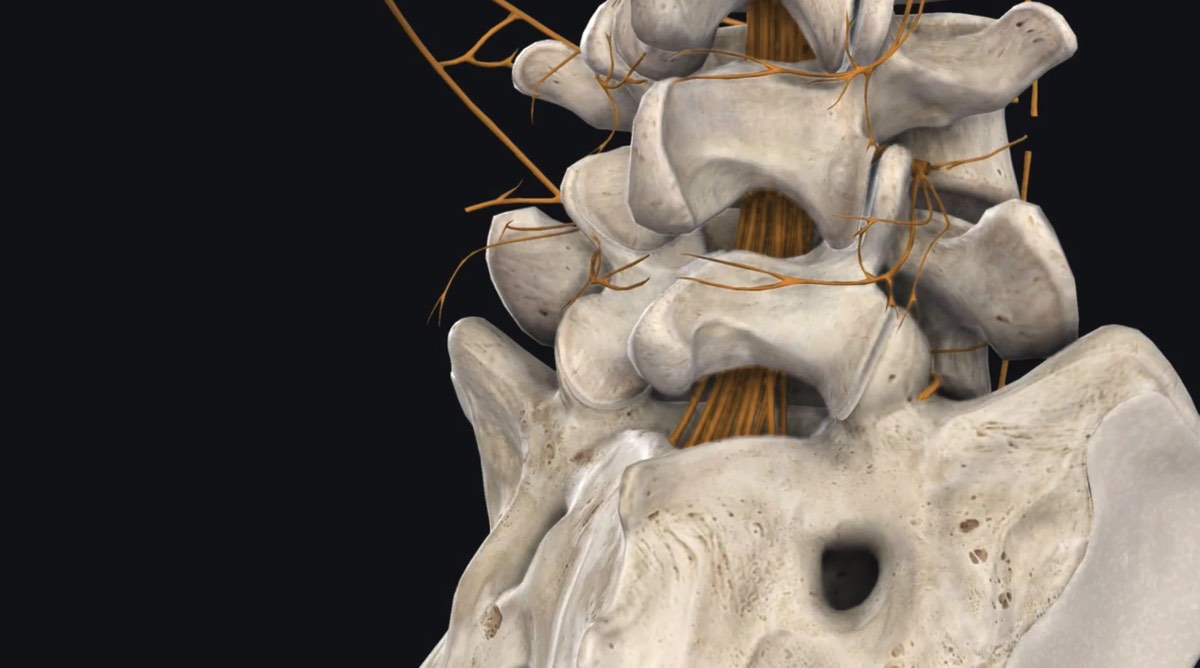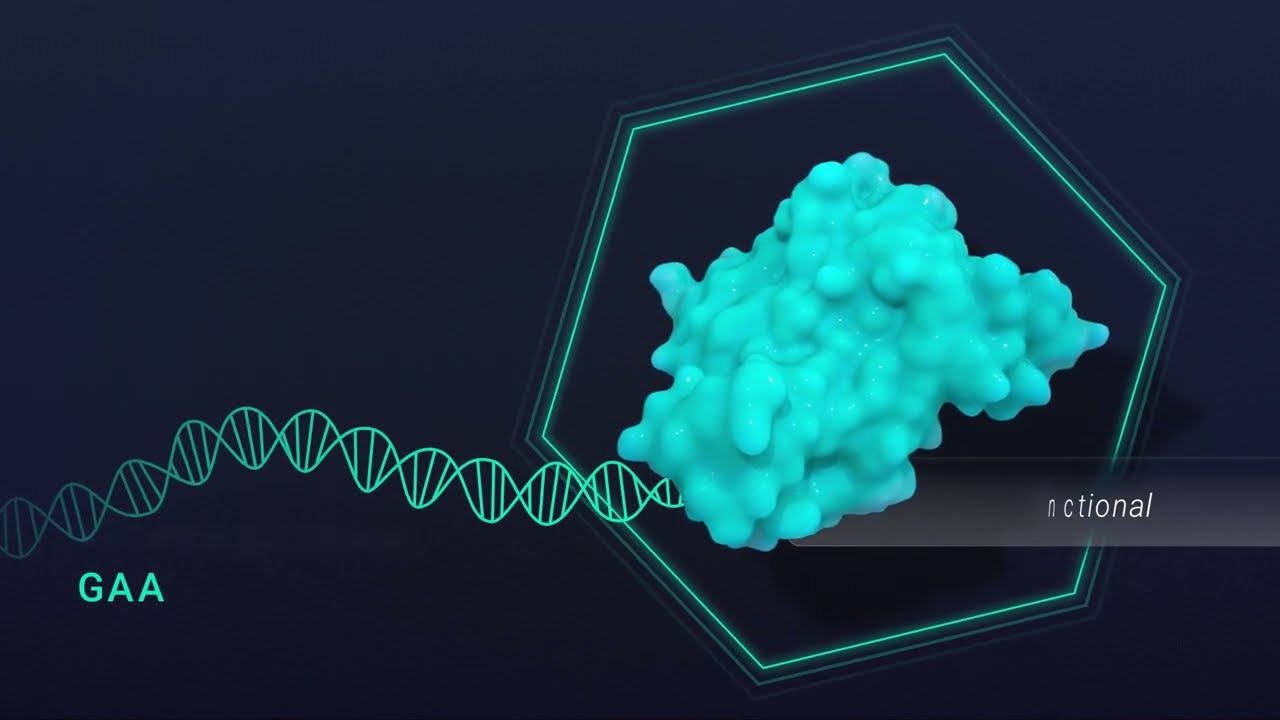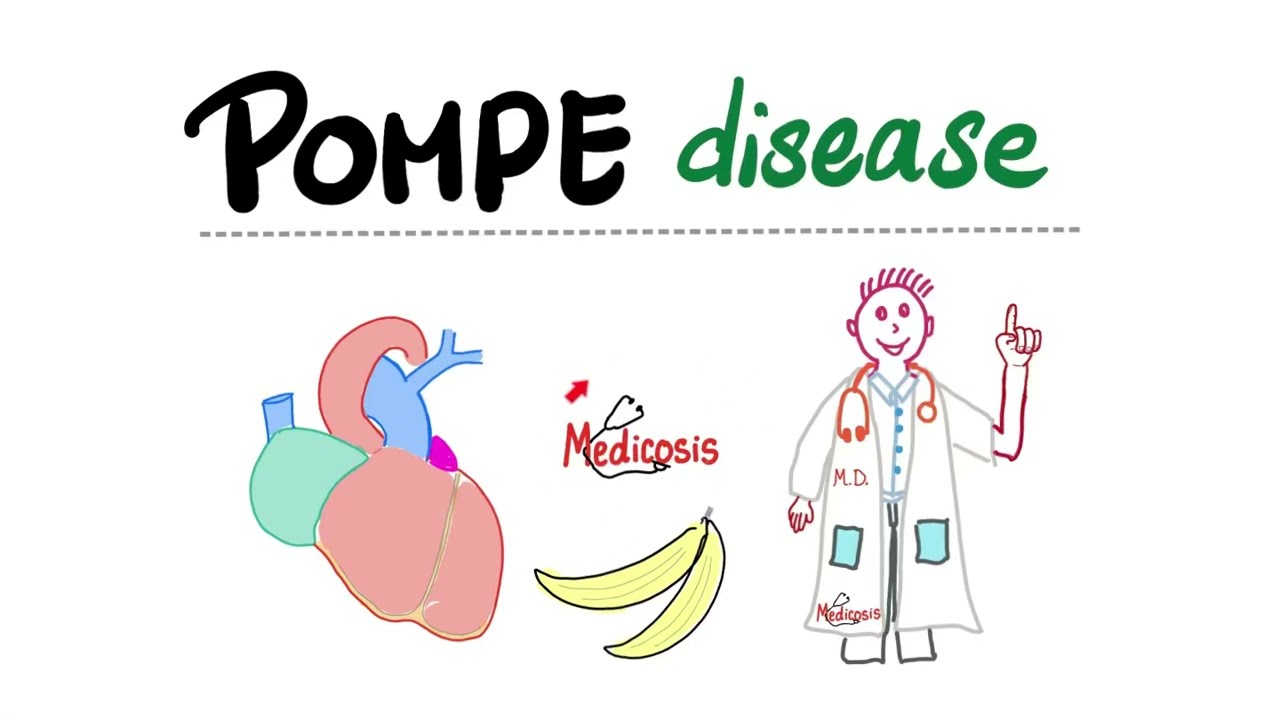NEW YORK (Reuters Health) Variants in certain genes for the natriuretic peptide system are predictive of ventricular dysfunction immediately after coronary artery bypass grafting (CABG), new study findings indicate.
In the study, Dr. Amanda A. Fox, from Brigham and Women’s Hospital, Boston, and colleagues identified four variants in the NPR3 gene that increased the odds of ventricular dysfunction by 3.89- to 4.28-fold. Conversely, the team identified seven variants in the NPPA/NPPB genes that reduced the risk of dysfunction by 45% to 56%.
The gene variants we studied, Dr. Fox explained in a statement, have been associated with cardiovascular disease states such as hypertension, stroke, and myocardial infarction. To date, however, the association between these genes and development of heart failure after cardiac surgery with cardiopulmonary bypass has not been examined.
The study, reported in the April issue of Anesthesiology, involved 697 Caucasian patients who were scheduled to undergo CABG at the Brigham and at the Texas Heart Institute in Houston.
In each patient, a genotypic analysis of 139 single nucleotide polymorphisms in seven natriuretic peptide system genes (NPPA, NPPB, NPPC, NPR1, NPR2, NPR3, and CORIN) was performed. Ventricular dysfunction was defined as the need for two or more new inotropes, new mechanical ventricular support, or both, either intraoperatively or in the ICU after surgery.
This study has potential implications for the prediction of postoperative morbidity, development of disease prevention strategies, and personalized pharmacological interventions that pertain to the natriuretic pathway, Dr. John H. Eisenach and Darrell R. Schroeder, from the Mayo Clinic, Rochester, Minnesota, comment in an editorial.
Reference:
Anesthesiology 2009.
Sponsored by The Doctor’s Channel









